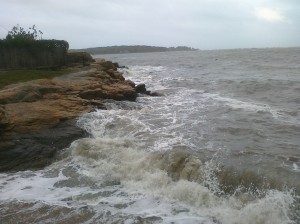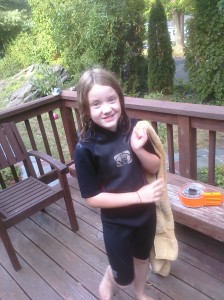Where I go, words carry no weight: it is best,
Then, I surrender their fascinating cousel
To the silent dissolution of the sea
Which misuses nothing because it values nothing
Whereas man overvalues everything…
Auden’s great poetic commentary & meditation on The Tempest, which is also very much a poem of a European fleeing Europe during WWII, operates throughout between the dissolving opacity of the sea and the artistic fantasy of the mirror. It’s a strange and gorgeous poem, though I’m not always sure in re-reading it whether it’s a hymn to the power of art or a lament about human failure.
I suppose that I see the same deep ambivalence in The Tempest as well.
We won’t have too much time at the NYPL on Tuesday to talk about Auden, so let’s bring him online for the next few days. It’s a poem to chew on.

